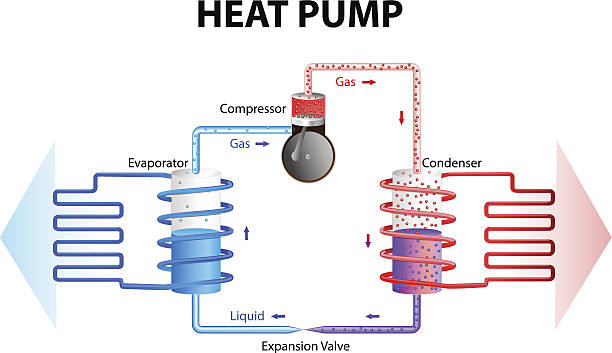What Is a Heat Pump ?
Heat Pump vs. Air Conditioner: Key Differences
Efficiency
According to Raleigh Heating & Air, “the best heat pumps in the industry can cool almost as effectively as the market’s best central air conditioners.
SEER ratings also tell you how much energy your system will use, and few systems can beat the most energy-efficient heat pumps on the shelves. They use five times less energy when operating in cooling mode than they do when set to heat, so their energy efficiency is at its best during summer.”
When a heat pump is in heat mode and has an electric heater kick on, it can increase energy usage. Look for heat pumps that are ENERGY STAR® certified to find the most efficient models.
Heat pumps measure efficiency as seasonal energy efficiency ratings or SEER. And the higher the number is, the greater the efficiency. For heating, they use the Heating Seasonal Performance Factor, and the higher the number is, the better the efficiency.
FREE!
Maintenance
A heat pump typically needs maintenance once a year by a professional, or twice a year if you use it during all four seasons. Homeowners can:
- Check the heat pump for snow or ice buildup in winter.
- Remove leaves and debris from around the heat pump.
- Make sure the pump remains elevated above the ground and away from any leaky gutters.
- Change or clean filters as needed.
- Keep registers open.
- Clean dirty outdoor coils.
A typical maintenance checklist a service technician uses will include:
- Checking all ducts, filters, blowers and the indoor coil
- Checking air flow
- Checking refrigerant charge and any leaks
- Checking electrical terminals
- Lubing motors and checking belts

